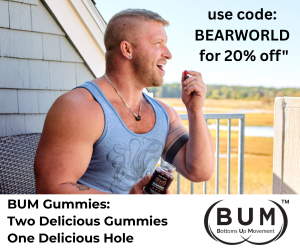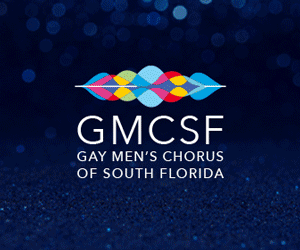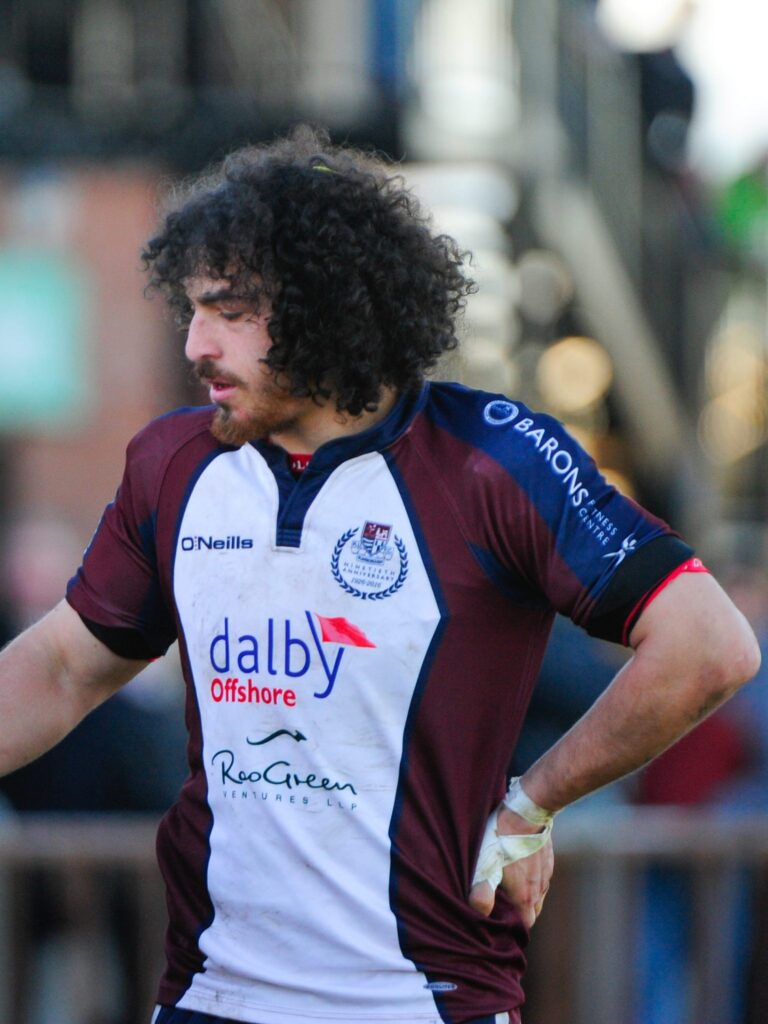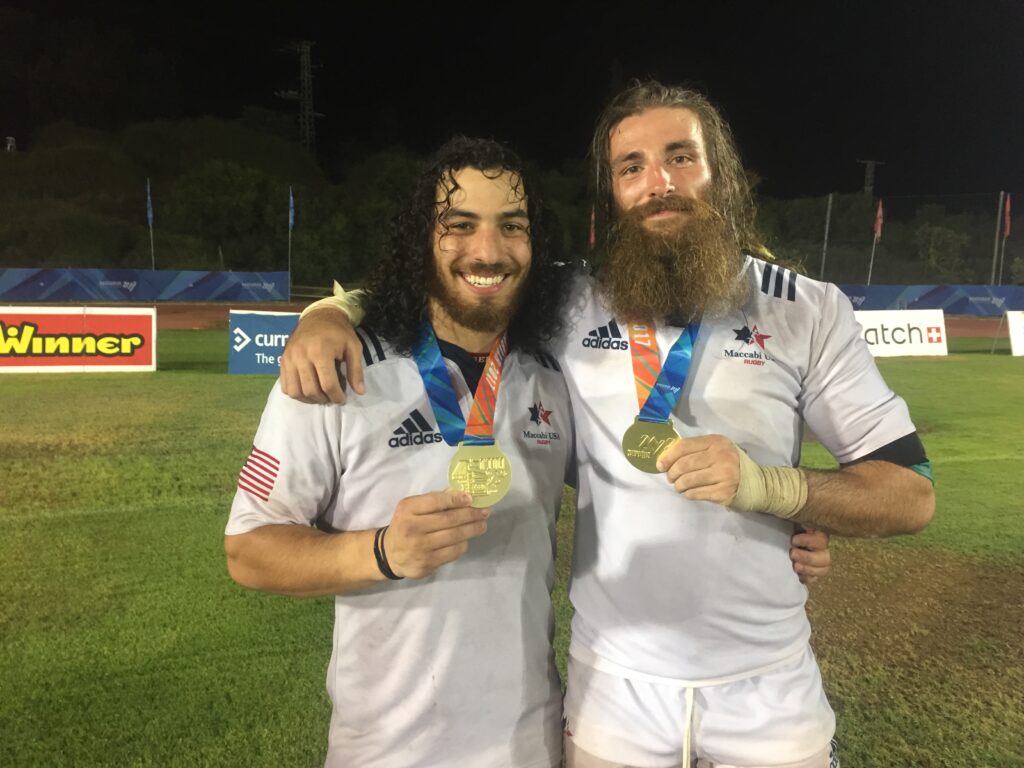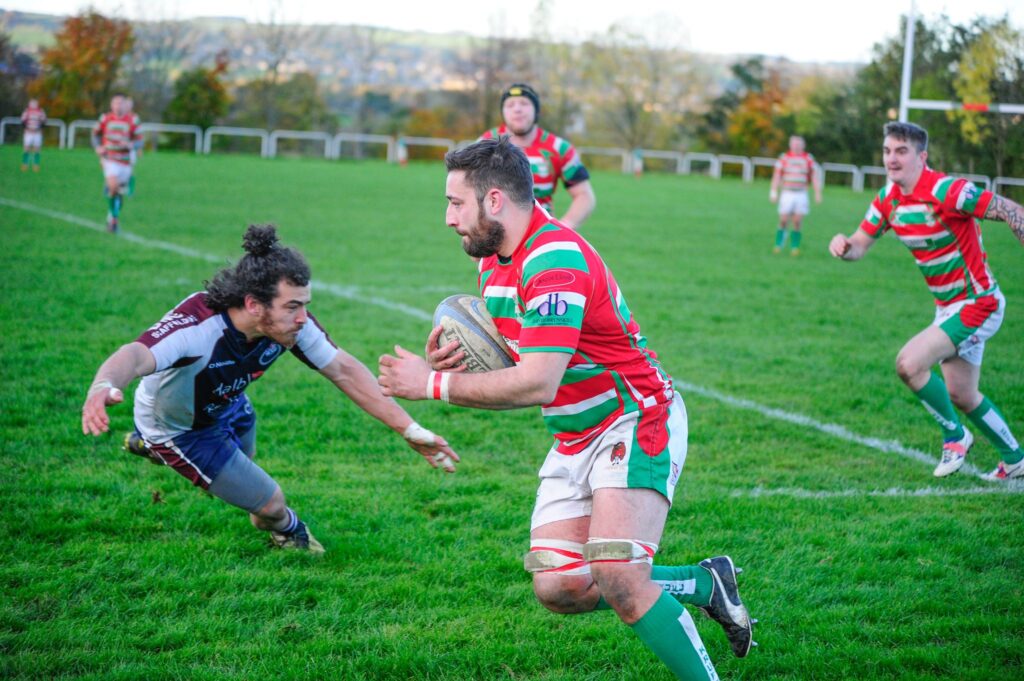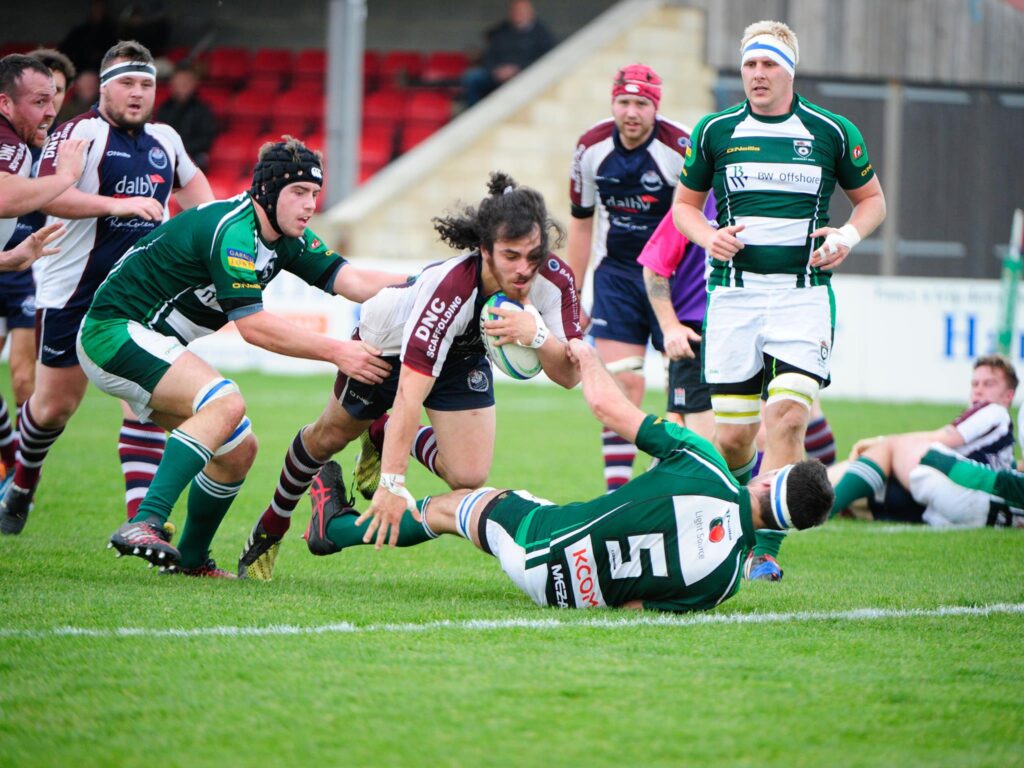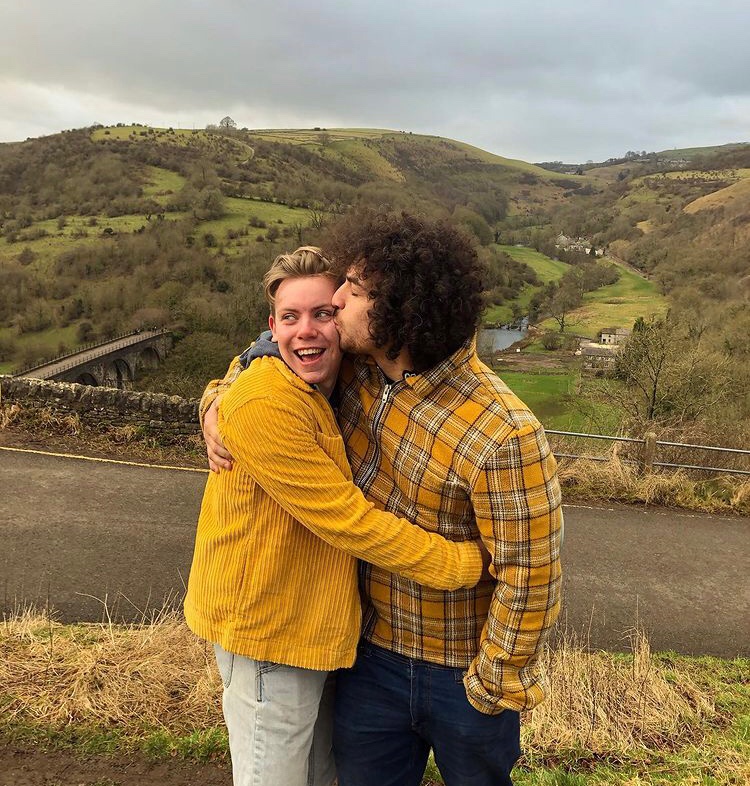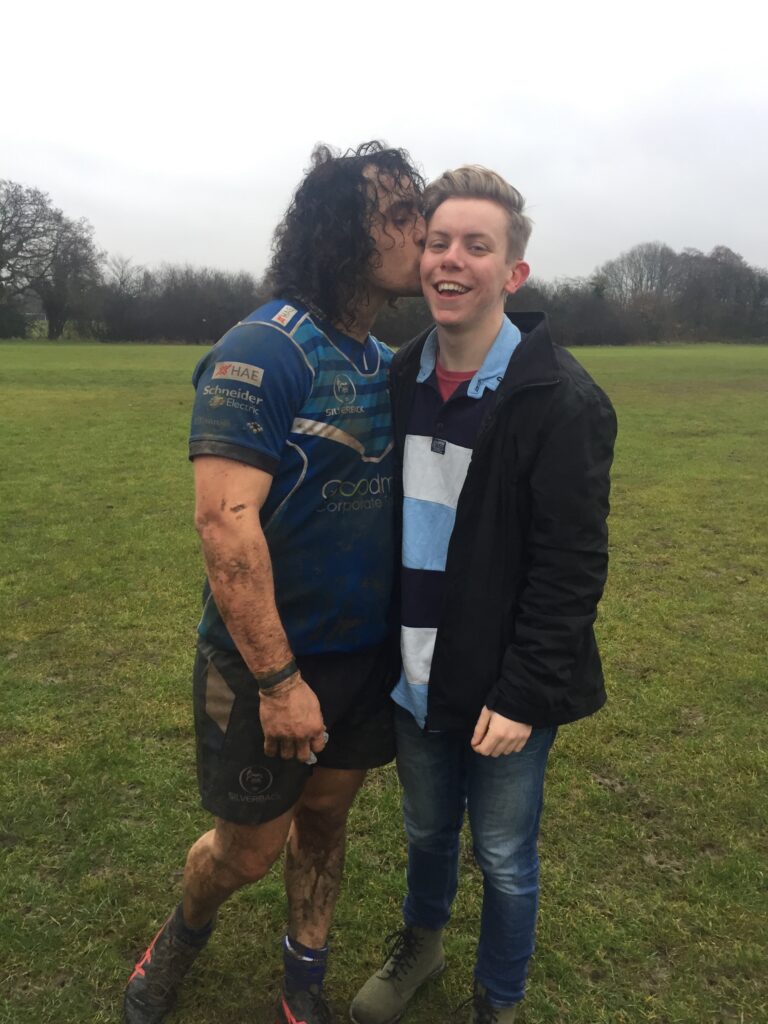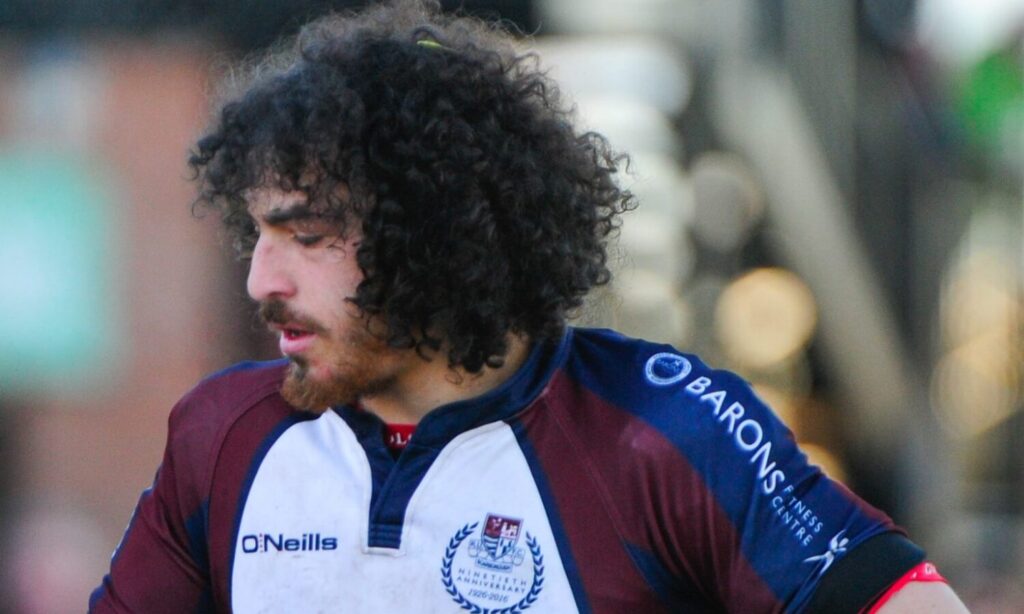
Professional rugby player Devin Ibañez discusses his journey with coming out
For so many, sports is definitely seen as a place where homophobia, transphobia, toxic masculinity and gender stereotypes run rampant.
Many LGBTQ athletes face pressure to hide their sexuality or gender identity out of fear of backlash. It can be a bit of a rough game that takes a toll on many players’ mental, emotional and physical health.
But it seems to be a new day in professional sports. More and more players are starting to come forward with their truth, expressing the need to live their authentic selves without judgment.
Recently, I had a chat with professional American rugby player Devin Ibañez about his recent decision to come out, and why he knew that now was the time.
Kyle Jackson: Can you tell us a bit about your background? Where you’re from and when you started playing rugby.
Devin Ibañez: I was born in Boston and grew up in the bordering town of Brookline. It was after a failed attempt at playing baseball in high school that I found rugby.
Baseball was my favorite sport to watch growing up. So when I began high school I decided I would try out for the freshman team despite never having played it. It went about as well as you would expect and I was one of only four players to not make the team.
After coming to terms with not being as talented of an athlete as I thought, I began looking for new sports. After looking through a high school catalog, I found out that we offered a sport called rugby.
The only thing I knew about it was that my friend played and told me it was a fun contact sport. I decided to give it a go and fell in love instantly. It turned out I actually had a natural talent for rugby and I committed myself to the sport.
I went on to become captain of my high school rugby team and then the University of Massachusetts Amherst team. I am now 12 years into a playing career which included stints playing in Australia, New Zealand, and England before turning professional. I have also coached for several years abroad as well as at my alma mater.
KJ: When did you first realize that you may be attracted to men?
DI: I actually came out to my parents when I was 12 years old, so I think it was probably around that time. Despite knowing since that age, I always felt the need to keep it separate from my athletic career. I never felt ashamed of my sexuality, but feared the potential backlash that coming out may cause.
I never had any fears or hesitations around telling my parents though. For as young as I can remember, my parents would tell me “We don’t care who you love or who loves you as long as you’re happy.”
At the time, I didn’t really understand what that meant or why they felt it was important to tell me. But as time went on those words provided me with a tremendous sense of love and security. I never had to worry about whether or not I would have a home to go back to. Having that sense of support and security really allowed me to be comfortable with who I was, even if I didn’t feel like I could share it with my teammates.
KJ: How was it growing up? Did you endure any bullying?
DI: I definitely experienced bullying growing up. Even though most classmates wouldn’t have assumed I was gay, I still would be called homophobic slurs. I experienced the most bullying the year that I tried to play high school football.
I ended up quitting after the first month because I had a teammate who wouldn’t leave me alone. I was called a f****t almost daily and constantly belittled in front of my peers.The team’s culture of bringing each other down really pushed me away from the sport and eventually towards rugby.
KJ: What first made you decide it was time to come out?
DI: It was something that I had been considering for a while. I first decided that being an openly gay athlete was important to me after suffering a near fatal injury. I took a shoulder directly to my Adam’s Apple in a match, and suffered a double fracture of the cricoid cartilage in my throat. I also punctured a hole in my airway as well as severely bruising my vocal cords. The swelling almost closed my airway completely and could have been deadly.
That moment really made me reflect on what was important to me in my life and playing career. It was then that it clicked that it was important for me to come out and to be vocal. I realized that it would be meaningful for me and my mental health, and that I could potentially do some good and inspire others with similar struggles.
But at that time I didn’t have any concrete plans. It wasn’t until I met Fergus and we began dating that I started setting dates to follow through on coming out. However, I would always come up with a reason why it wasn’t the ideal time.
After putting it off for a couple of years, I decided enough was enough. Fergus is based in the UK and I am in Boston, so the pandemic put a massive strain on our relationship and happiness. It was a very difficult year and we both suffered losses in our families.
I began to struggle with depression, and in an attempt to pull myself out of it I wrote out a list of goals. I focused on small things I could take control of to improve my well-being. One of those was to come out publicly and take back some control in our lives. So, on December 29th, I decided to take the leap.
KJ: Has coming out changed anything for you professionally?
DI: So far I haven’t experienced any professional backlash since coming out. Some teams have even reached out to me, wanting to work with me.
In some ways it has really improved things for me professionally because it will give me more opportunities to get involved in the rugby community. The negative backlash I feared since coming out has yet to materialize.
KJ: How did your family and closest friends receive the news?
DI: They have all been incredibly supportive. As I mentioned earlier, I have been out to my parents for many years. So they have been nothing but incredibly supportive and proud of my decision to be more vocal.
Most of my closest friends also already knew so shared similar sentiments. However, I did have several close friends who did not know until I made that post. All of them have been very supportive though.
I have not lost any friendships or relationships; if anything in many ways it has brought me much closer to those around me. I am lucky to have such a strong support group around me and I am very grateful for that.
KJ: You spoke earlier about your partner, Fergus. How did you two meet?
DI: Fergus and I met in December 2017 while he was doing a year abroad in Boston. He is originally from England, and was here doing research with Harvard labs.
We met online through a dating app and hit it off. After talking for a couple of weeks we decided to meet in person for a date. We instantly hit it off and became inseparable. We began spending most days together and started officially dating shortly after.
After Fergus finished his year of research, he returned to England to start his first year of medical school. After struggling with the idea of leaving our love in the past we decided to continue our relationship long distance.
The pandemic made this even more difficult, but we have stuck with it through the highs and lows. We are now celebrating our three-year anniversary on January 21st.
KJ: That’s such a great story! I’m so happy for the two of you. So, what is something you would say to encourage any young person in sports who identifies as LGBTQ and struggling with whether or not to come out?
DI: The best advice I can give is to take your time and move at whatever pace you are comfortable with. Everyone has their own unique circumstances to overcome; there is no easy solution that will apply to everybody.
Take your time to become confident and comfortable in yourself. There is no age or time that you have to reach that point by, so don’t put any undue pressure on yourself. There is no right or wrong time for you to come out.
Use that time to find close friends or family who you can build trust with and eventually confide in. Having a strong network of support can make a huge difference as you start to find that inner confidence.
Make sure that you have that group of people that you know you can rely on no matter what. This way if you do decide to come out, you will know that those people who matter most will have your back.
Just know that when you are ready to make the leap, you have your entire life ahead of you. A life full of love, happiness, acceptance, and possibility.
For everyone out there who is fixated on all the possible negative backlash as I once was, please give yourself time to think about the potential unexpected positivity and love. You never know how many people you may impact and it has brought me such a feeling of relief and pride since coming out.
If any athletes are struggling with their coming out journey, my Instagram DMs are always open @thatgayrugger and I would be happy to listen and offer any advice that I can.
Part of the reason I chose the name @thatgayrugger for my Instagram was because one of my greatest fears before coming out was that would be all I was known for; That my sexuality would eclipse all rugby achievements and make me a token. Don’t make the same mistake I did and allow your life to be ruled by fear of backlash. Do what is best for you and your own happiness.




